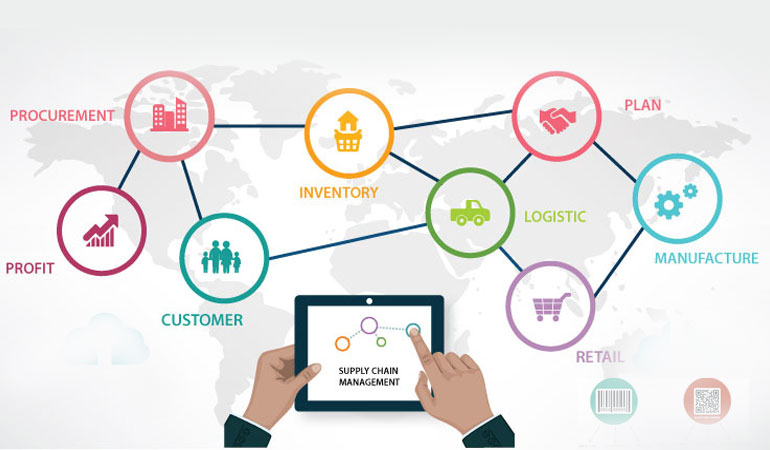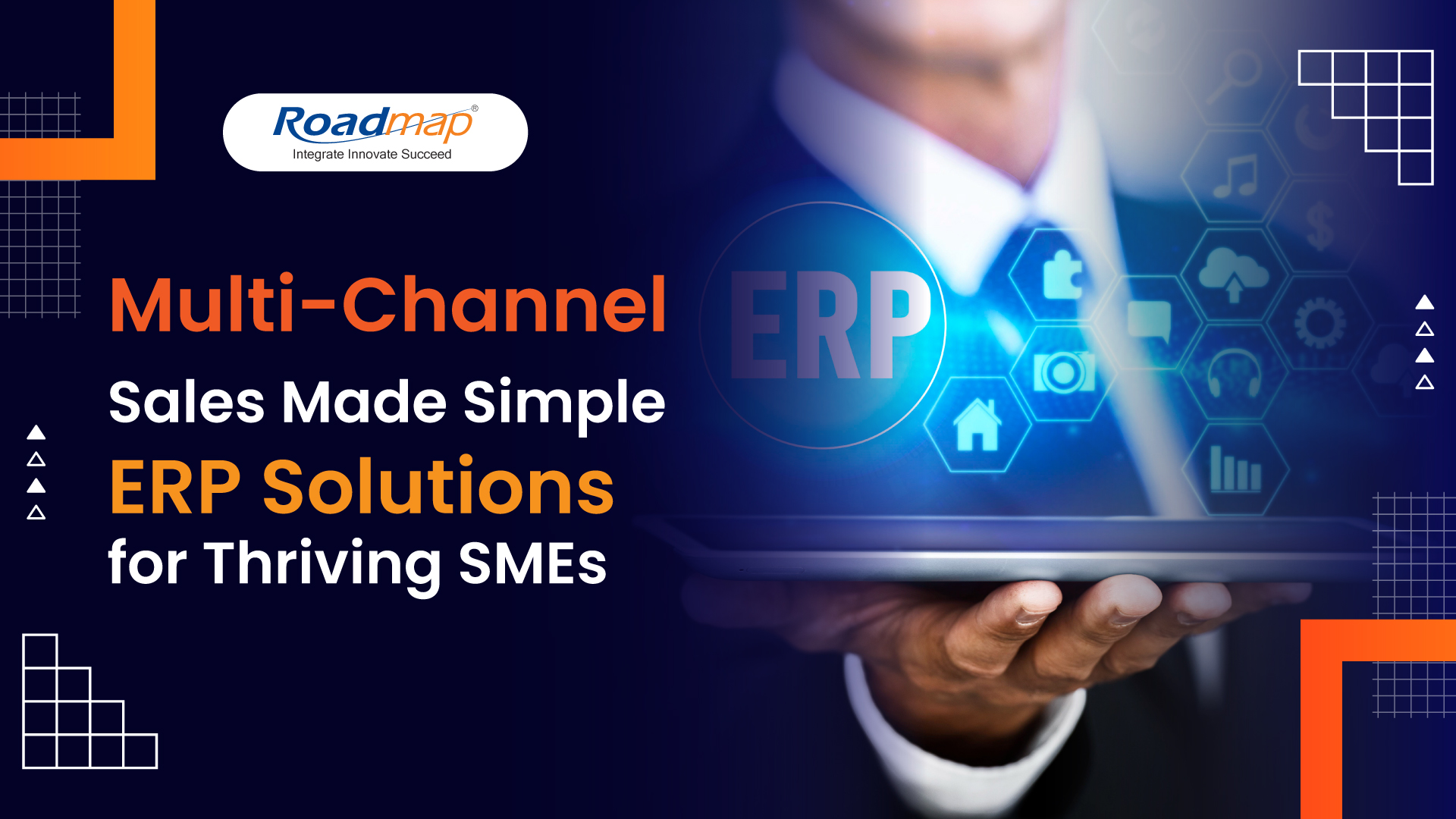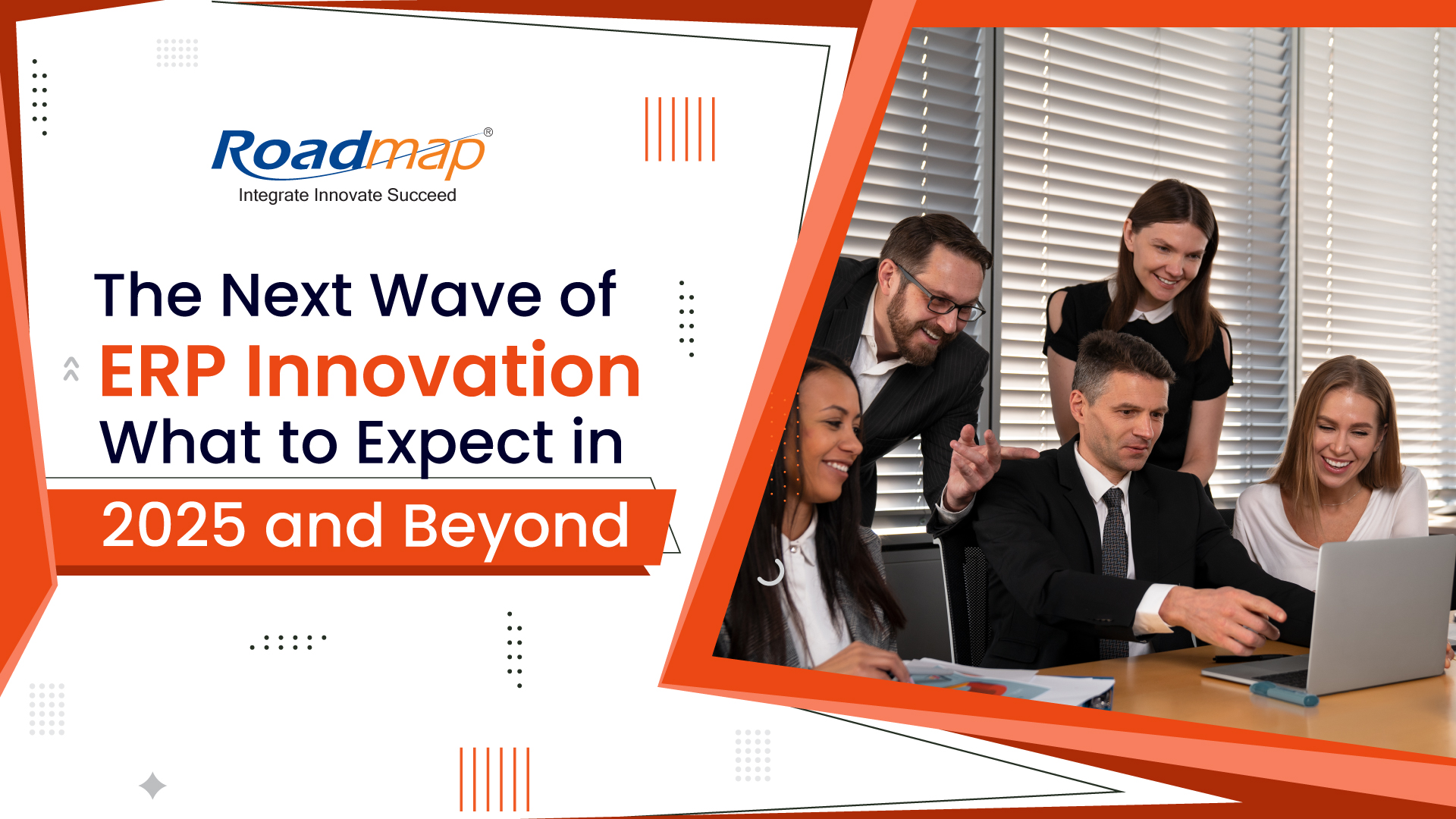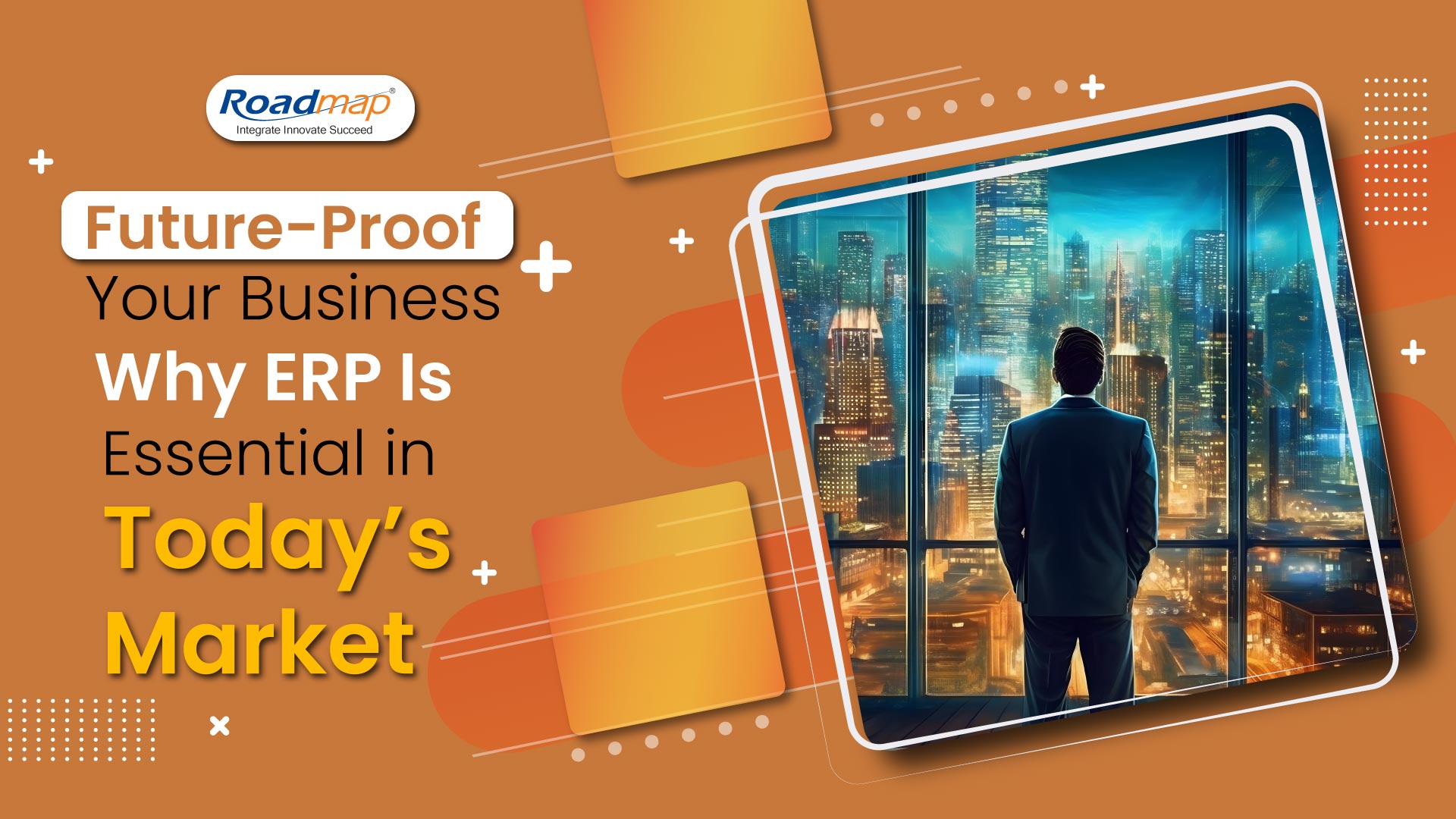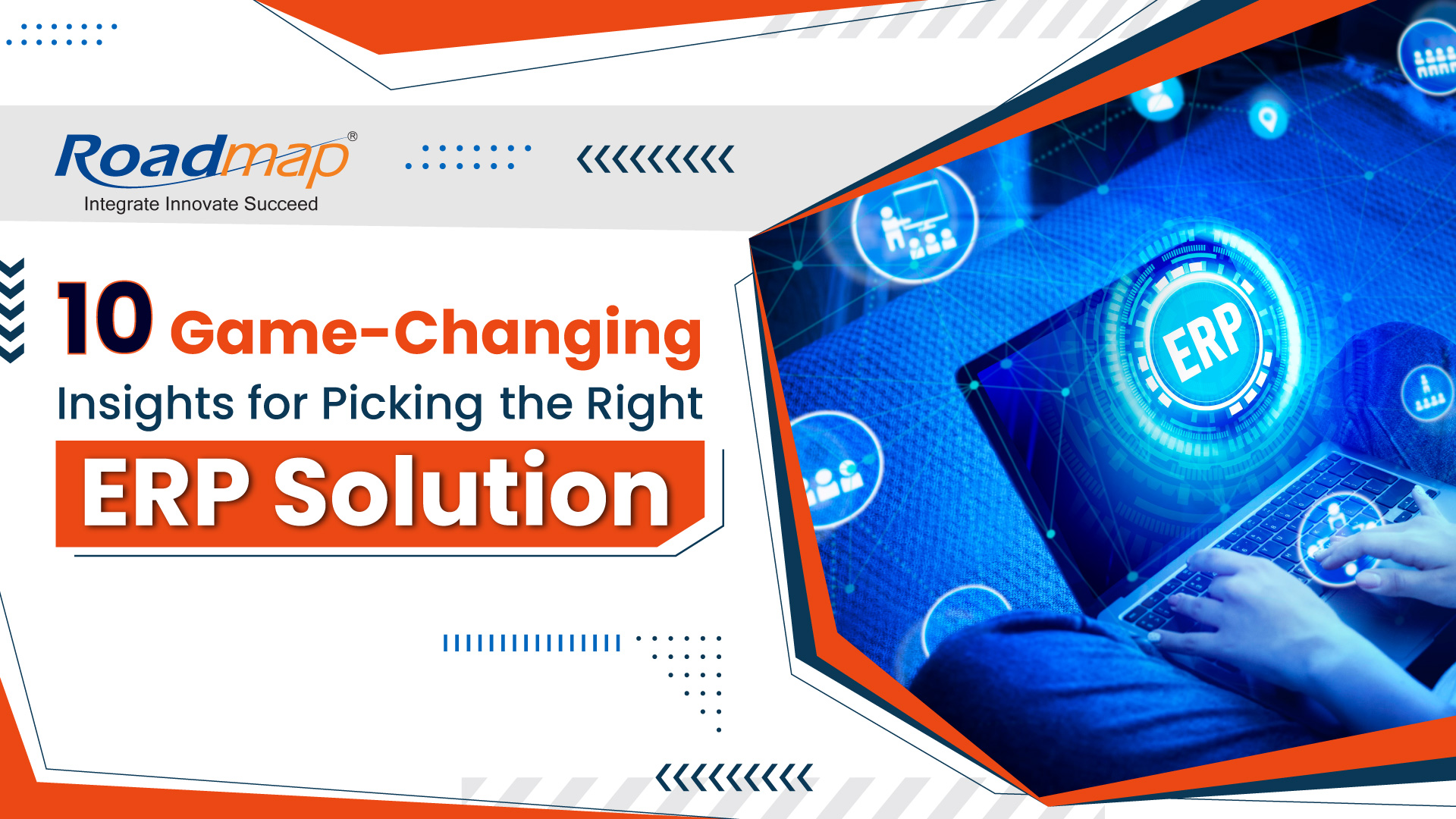
- Julius Rassou
- 09-Oct-2017 11:11:02
The Absolute and Immediate Benefits of ERP with built-in SCM
ERP and SCM - a brief:
Back-office business processes are
digitized, integrated, and intelligently automated by Enterprise Resource
Planning (ERP) solutions to actuate the efficient and timely accomplishment of
the business missions. It also seamlessly streamlines the flow of uniform data
throughout the business hierarchy and grants role-specific anytime anywhere
real-time information to empower business decision makers to make data-driven,
precise and profitable decisions. Supply Chain refers to the flow of materials,
information, and finances through the manufacturing process starting from
supplier to manufacturer to wholesaler to retailer to consumer.
Visibility and Automation:
When an ERP system is integrated with
the Supply Chain workflow of an industry, the system brings a real-time picture
of the entire process to all interested parties within and among the
stakeholders of the Supply Chain, ranging from Manufacturer to Consumer. This
clarity of workflow is projected onto the screen of the device of the user’s
choice, in the manner that corresponds to the respective personnel’s office.
The solution also automates select functions through various levels of the
Supply Chain workflow. For instance, Roadmap ERP software:
• Automatically
raises Purchase Orders (PO) through periodical checks on the level-of-stock as
per KANBAN inventory-control method. This ensures cost-efficient Production
through the just-in-time stocking to actuate lean manufacturing and absolutely
minimizing Inventory Carrying Cost.
• Automates
hassle free and error free Gate Entry, through Barcodes and QR codes; which
also furnish real-time date-wise Stock Level reporting.
• Automates
the audit of Freight Invoice against the Original Contract for Transportation
and leaves no room for error, thereby avoiding waste of time on manual data
entry and subsequent rectification of errors.
ERP involves the Supplier and the
Consumer in the Supply Chain flow through the Supplier Portal and Customer
Portal respectively.
Supplier Portal:
The Roadmap Supplier Portal stipulates the
Supplier to enter shipment notice for every delivery he makes to the
Manufacturer (ERP Owner) against POs received from him. These Notices entered
on the Supplier Portal automatically update the record of POs pending Supplies
at the Manufacturer’s end.
Frequently Suppliers make
ahead-of-schedule shipment of Finished Goods (FG) for POs received on a later
date, while POs preceding them are either still WIP or yet to be processed.
Such supplies break the chain of sequence in the records maintained at the
manufacturers end and raise the possibility of conflicting delivery details
between the Supplier and the manufacturer. But the Supplier Portal rules out
all such conflicts by giving the Supplier with the facility to register an
Advanced Shipment Notice (ASN) whenever he makes an ahead-of-schedule shipment.
These ASNs automatically update the corresponding Purchase Order Vs Goods
Received record with the Manufacturer.
In addition to registering ASNs, the
Supplier also assigns the supplied materials with Barcodes/QR codes, which
automate Gate Entry and re-confirm the updates made by ASNs to the
Manufacturer’s record. This relieves the Manufacturer of the tedious burden of
keeping track of pending orders with the Supplier.
Customer Portal:
Roadmap ERP's Customer Portal empowers
clients to have control over purchasing; interactive access to the status of
orders; sorting out issues regarding delays, returns, and technical support
facilities without the trouble of having to get hold of the right person via
email or phone. Thus, the Customer Portal links the customer to the business
process at approved levels and actuates immense customer satisfaction.
Impeccable Quality Control:
Roadmap supports APQP (Advanced Product
Quality Planning) procedures and techniques. This gives the QC Management
process the scope of defining client-specific specimens at each level of
Production, thereby, ensuring the delivery of customer-specific products. The
solution also adheres to the Eight Disciplines Problem Solving method (8D), which
is a Best Practice to handle Quality issues. When it comes to auditing the
Product/Workflow, Roadmap is the only ERP software to be equipped to conduct:
5S Audit, Customer Audit, Supplier Audit, Sub-Contractor Audit, Process Audit,
and Internal Quality Audit.
Arming an SCM workflow with such
Quality Control tools leaves little room for the production of material that
would be anything less than perfect.
The Goodness of ERP in Totality:
The comprehensive integration of
Roadmap ERP modules that constitute its SCM suite eradicates all communication
gaps and strengthens the bonding between business stakeholders. Periodically
generated reports on Budgeted Vs Actual Financial Scenario give absolute
clarity on the real-time business stature and provide the precious scope for
making appropriate strategic/tactical amendments. In total all the goodness of
the ERP comes together to integrate and streamline the Supply Chain workflow,
and render the businesses incorporated with it on the path of progress and from
profit to profit.
